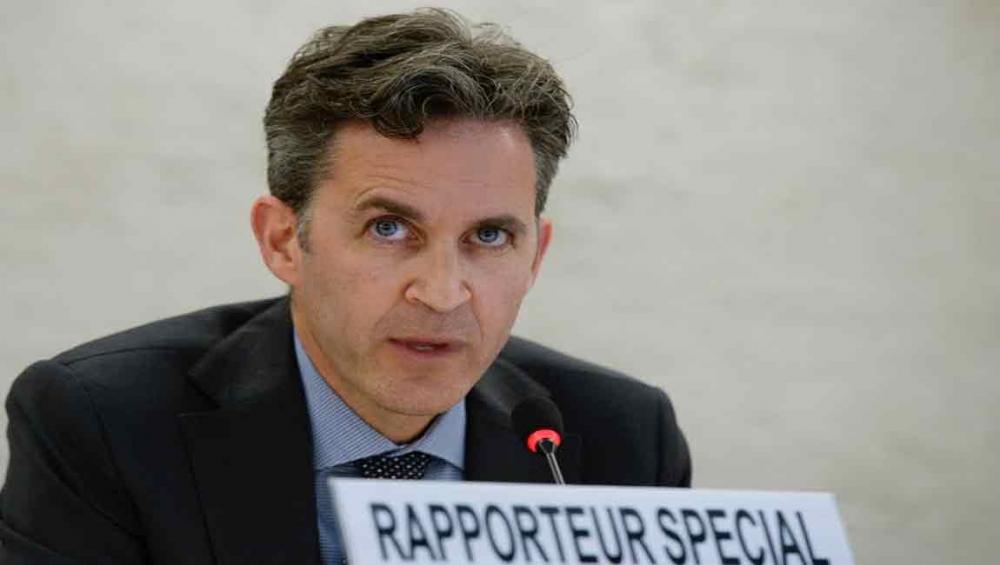Just Earth News 12 May 2017, 02:07 am Print

Jean-Marc Ferré
In a news release issued by the Office of the UN High Commissioner for Human Rights (OHCHR), David Kaye, the UN Special Rapporteur on freedom of opinion and expression and Michel Forst, the UN Special Rapporteur on the situation of human rights defenders stressed that the scope of the restrictions also undermined “the Government's stated aim of preventing dissemination of information that could lead to violence.”
“The internet and telecommunications bans have the character of collective punishment [and] fail to meet the standards required under international human rights law to limit freedom of expression,” said Kaye in the news release.
“Denying such access disrupts the free exchange of ideas and the ability of individuals to connect with one another and associate peacefully on matters of shared concern,” added Forst.
The ban was imposed on 17 April following widespread student demonstrations.
According to information from the media and individuals in Kashmir, the Government blocked access to 22 websites and applications, including the messaging service WhatsApp, and social media Facebook and Twitter, noted the news release.
3G and 4G internet data services for mobile phones and other devices have also been suspended.
The news release also noted that since 2012, there have been an estimated 31 reported cases of social media and internet bans in the Indian state and such developments seemed to be a worrying pattern aimed at curbing protests and social unrest in the region.
“We call on the Indian authorities to guarantee freedom of expression in Jammu and Kashmir and to seek a solution for the social and political conflicts of the region through an open, transparent and democratic dialogue,” the experts said.
Further in the release, the human rights experts also recalled the concerns raised by the UN Human Rights Council – the central inter-governmental body within the UN system responsible for the promotion and protection of all human rights around the globe – over online disruptions and the call upon UN Member States to avoid such shutdowns.
Special Rapporteurs are appointed by the Geneva-based Human Rights Council to examine and report back on a specific human rights theme or a country situation. The positions are honorary and the experts are not UN staff, nor are they paid for their work.
- Caught on camera: Two foreigners assaulted in Israel in an alleged racial attack
- Pakistan: Parents heartbroken after court sides with man accused of kidnapping minor Christian girl
- Pakistan: Trafficked 35 years ago, Bangladesh-born woman approaches court against FIA for offloading her from flight!
- Hindu tea worker found bound and bloodied in Bangladesh garden during general elections; investigation underway
- Brutal killing shakes Bangladesh: Hindu trader hacked to death ahead of polls





-1763561110.jpg)
